Colombia’s Congress recently approved Law 201 of 2012, popularly known as “Lleras Law 2.0,” which deals with copyrights and intellectual property. Passage of this law was fast-tracked in an effort to coincide with Barack Obama’s visit to Colombia for the Summit of the Americas. Lleras Law 2.0 purports to take a hard line on piracy and counterfeiting by establishing stricter sanctions. Colombia’s new copyright law also attempts to better align Colombia’s intellectual property laws with U.S. copyright regulations, as part of the two countries’ bilateral free trade agreement (“FTA”).
Even though the FTA does not preclude Colombia from adopting flexible copyright exceptions and limitations, the Lleras Law 2.0 is – on its face – stricter than U.S. copyright law. Among the more controversial provisions are the followings:
(i) Article 5 provides copyright protection to “[a]ny form of reproduction of the work, permanent or temporary, by any means of procedure including temporary electronic storage.” Because the Lleras Law 2.0 does not define the meaning of the word “storage,” temporary copies in random access memory (RAM) –commonly known as “temporary buffer copies”- are arguably subject to the copyright owner’s exclusive reproduction right under this law. In contrast, U.S. law does not prohibit reproduction “in any form.” U.S. Law prohibits reproduction of copyrighted works in copies or phonorecords; it does not include an extension to temporary storage in electronic form. Indeed, U.S. law requires that a copy be sufficiently permanent or stable in order to permit it to be perceived, reproduced, or otherwise communicated for a period of more than transitory duration.
(ii) Article 6 expands copyright protection from 50 to 70 years from the year of its first publication, or a term of 70 years from its creation, if the work was not published within fifty years after its creation. As a general rule, under U.S law, works created after January 1, 1978, are protected for the life of the author plus an additional 70 years. For an anonymous work, a pseudonymous work, or a work made for hire, the copyright endures for a term of 95 years from the year of its first publication or a term of 120 years from the year of its creation, whichever expires first. For works first published prior to 1978, the term will vary depending on several factors.
(iii) Articles 13 and 14 prohibit the transmission of TV signals over the Internet by land, cable or satellite of television signals without permission from the owner of the copyright for the signal or its contents “regardless of” any limitations and exceptions to the exclusive rights in Colombia’s legislation. It also punishes any user who links to news or TV programs that are published or broadcasted on a blog or website. Arguably this Article 13 does not include general limitations and exceptions. Therefore, for instance, an Internet retransmission of portions of a terrestrial broadcast for educational purpose might be considered a non-infringing use.
(iv) Article 15 establishes some exceptions to the anti-circumvention provisions. Article 15(g) establishes a stricter approach to the process by which new exceptions to the anti-circumvention provisions will be identified. According to the new law, only the legislature has the final power to act whenever the governmental agencies find a substantial adverse effect on non-infringing uses.
(v) Article 16 carries a potential prison sentence of four to eight years for those persons that transmit TV signals over the Internet by land, cable or satellite of television signals without permission from the owner of the copyright. Because this provision does not include the word “willful,” it may arguably apply on a wider range of infringers, including those who were unaware that they were breaking the law. No threshold level is identified in this provision for the imposition of the most severe criminal penalties on non-commercial infringers.
This new copyright and intellectual property regulation has been met with much opposition in Colombia, where many believe the United States is forcing Colombia and other countries to adopt stringent intellectual property laws that it hasn’t adopted itself. However, the only possibility of repeal belongs to the Constitutional Court, which is the entity responsible for ensuring the integrity and hegemony of the Colombian Constitution. A Congressman for the Polo Democratico Party, Camilo Romero, has already filed a lawsuit before the Constitutional Court to repeal the law. It is very likely that the Constitutional Court will find the Lleras 2.0 law unconstitutional, among other reasons, because of its fast-track approval. Traditionally, the Constitutional Courts has required the Congress to have a “meaningful debate” before approving a bill. But we shall wait and see.







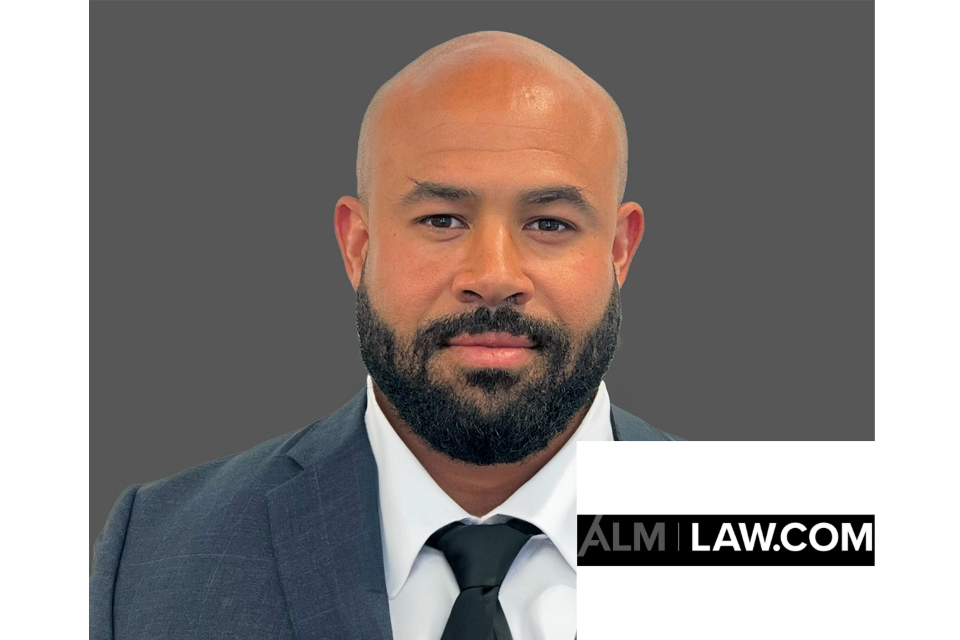



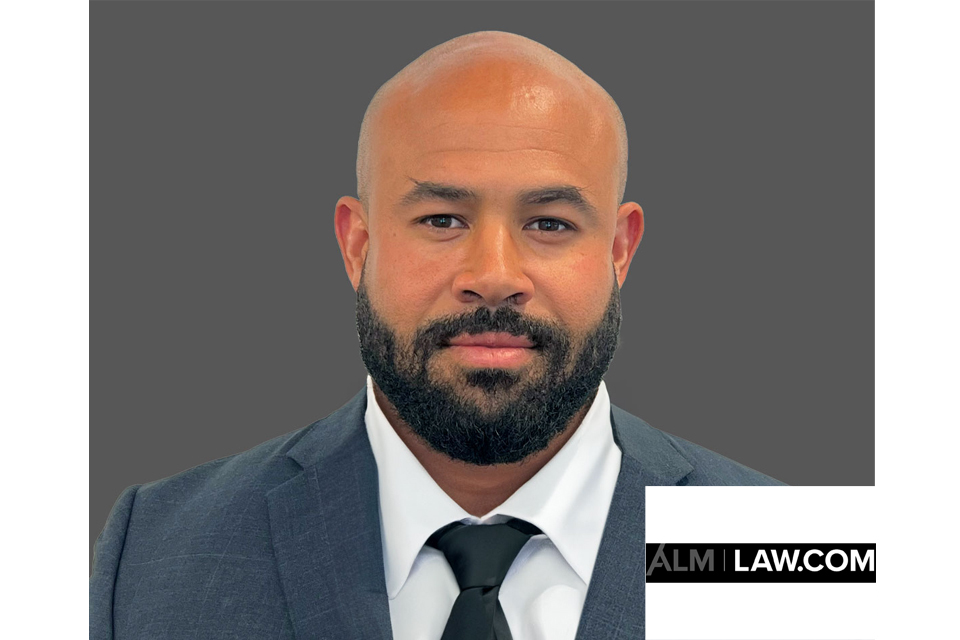

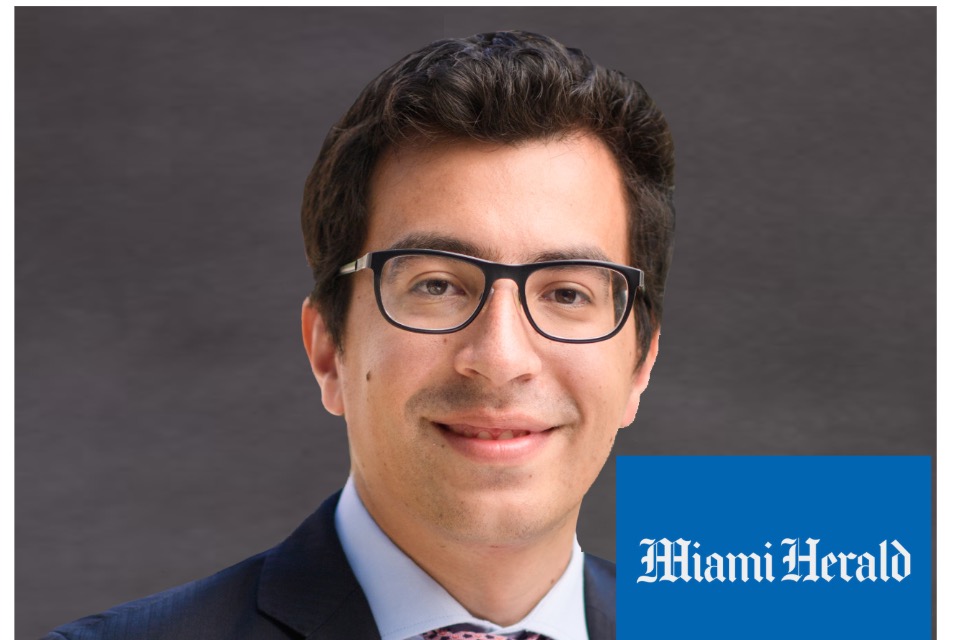




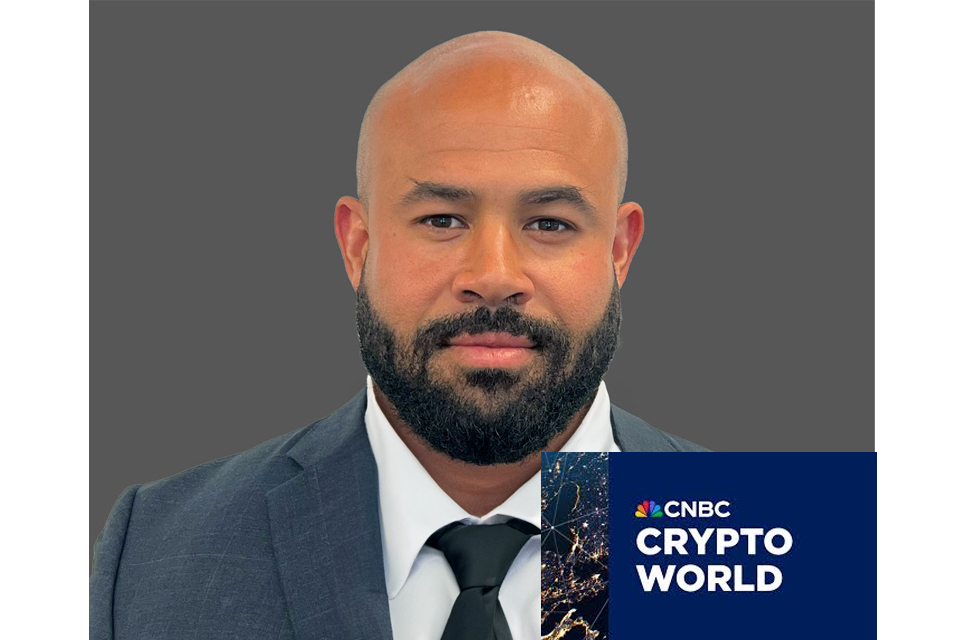



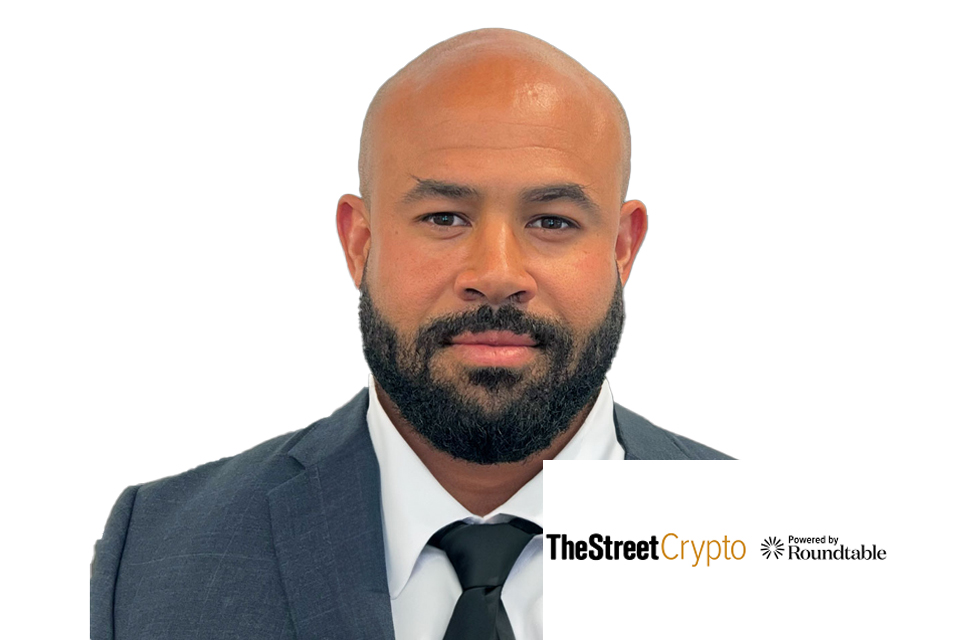













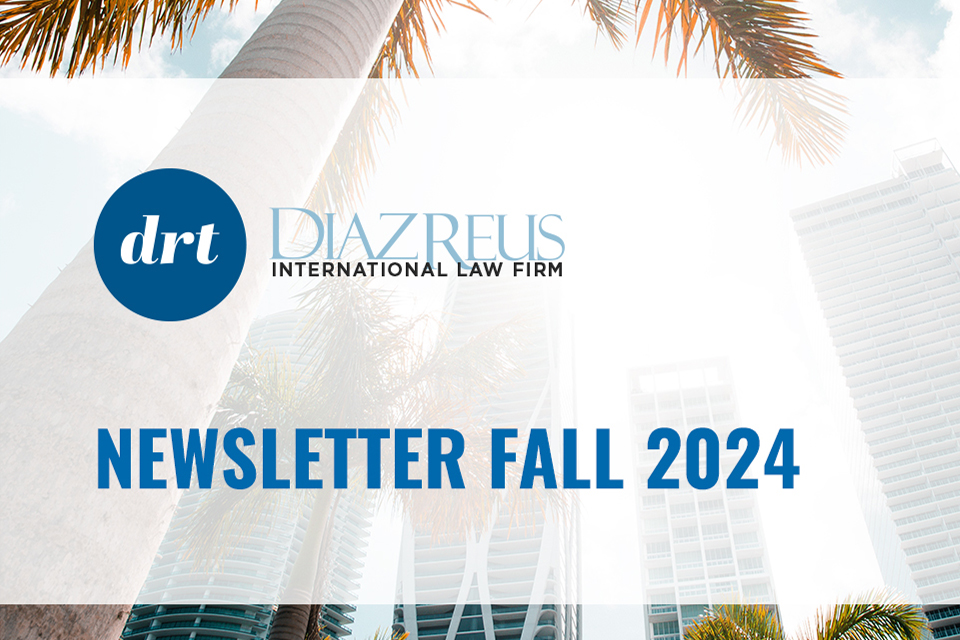






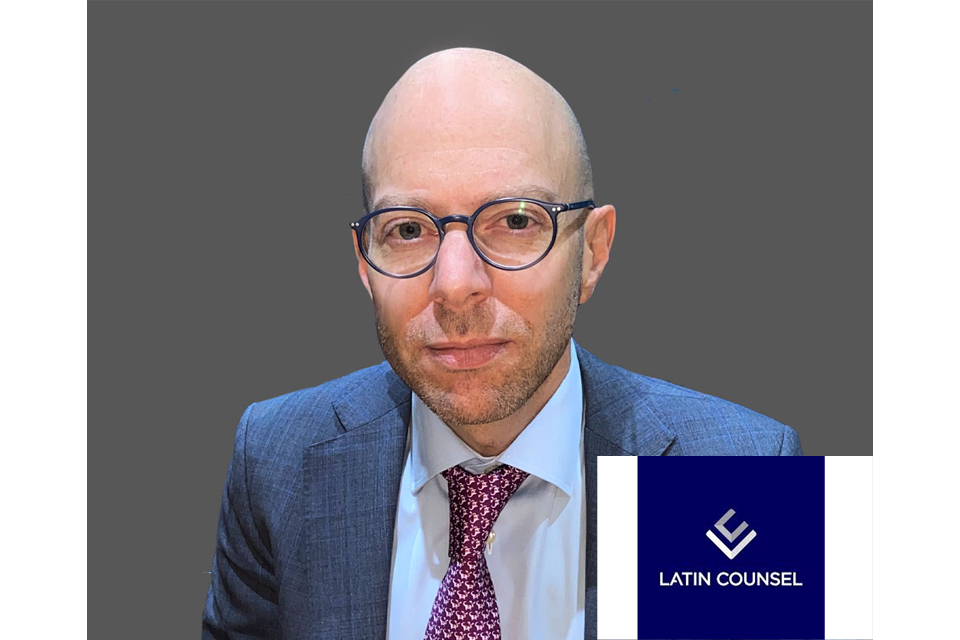





































![Especial abogados Salón de la Fama[61] 4](https://diazreus.com/wp-content/uploads/2023/06/Especial-abogados-Salon-de-la-Fama61-4-pdf.jpg)



























































































































































































